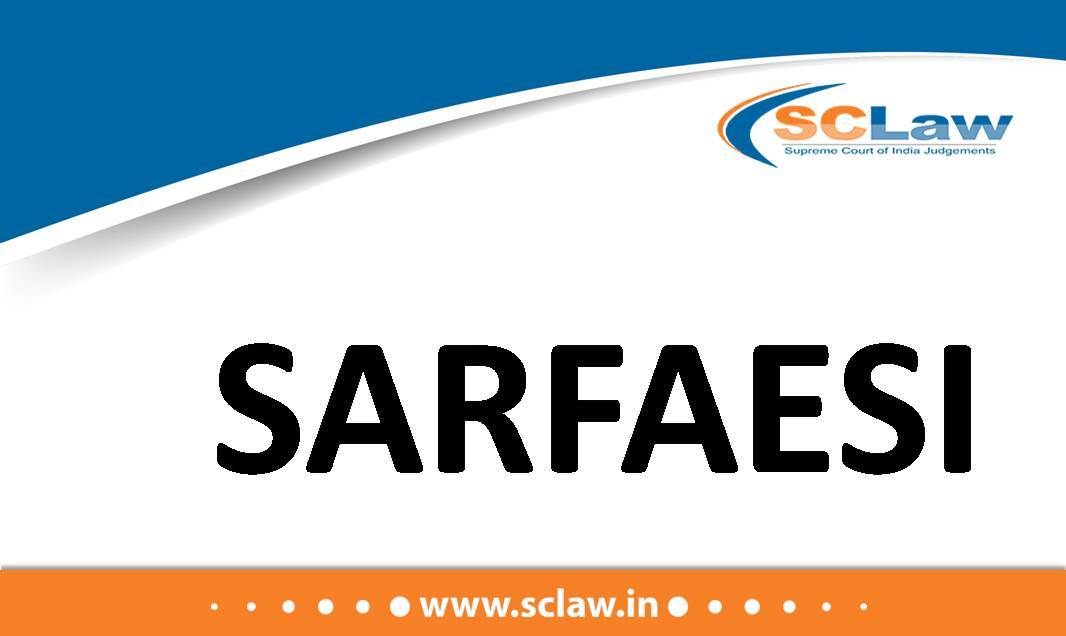Securitisation and Reconstruction of Financial Assets and Enforcement of Security Interest Act, 2002 (SARFAESI Act, 2002) — Applicability in Nagaland — Constitutional Mandate — Article 371A of the Constitution of India — Special provision with respect to the State of Nagaland — Article 371A(1)(a)(iv) stipulates that no Act of Parliament concerning ownership and transfer of land and its resources shall apply to Nagaland unless the Legislative Assembly resolves so — SARFAESI Act, which envisages transfer of property by auction sale for realizing secured assets, relates to ‘ownership and transfer of land’ — Provisions of SARFAESI Act became applicable in Nagaland only from the date of the Governor’s notification (December 10, 2021) — Action initiated by the Appellant-Corporation under Section 13(2) of SARFAESI Act in 2011 was without jurisdiction as the Act was not applicable in Nagaland at that time. (Paras 15, 18, 19, 20, 21, 28)
2025 INSC 1446 SUPREME COURT OF INDIA DIVISION BENCH NORTH EASTERN DEVELOPMENT FINANCE CORPORATION LTD. (NEDFI) Vs. M/S L. DOULO BUILDERS AND SUPPLIERS CO. PVT. LTD. ( Before : Dipankar…


